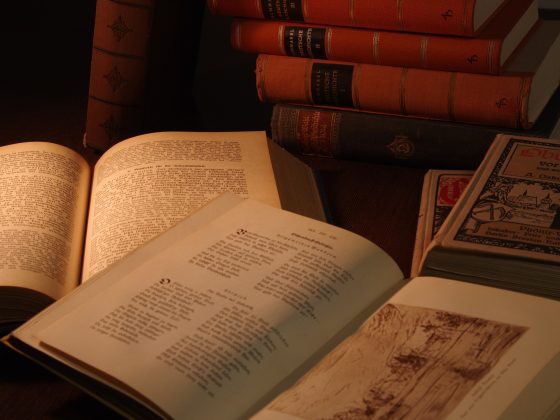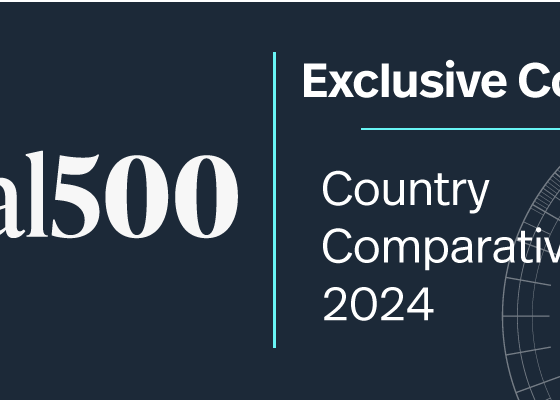As highlighted in our previous article “Acquisition and Protection of Art: from Building a Collection to Safeguarding Its Copyright”, mediation and arbitration can be very effective options for the resolution of art law related disputes. Arbitration and mediation can be especially useful in situations where the parties involved have an existing relationship or for those who prefer not to disclose sensitive or confidential information in open court.
It is no secret that many art collectors have issues with the lack of suitable terms and conditions of sale (“T&C’s”) that are provided by galleries, auction houses and art dealers when it comes to the purchase of art. Of particular concern are purchases that occur online or during international art fairs and exhibitions. It is also not uncommon for unexpected issues to arise (e.g. defects, discrepancies between catalogues and the artwork actually received, damages / destruction during transportation or storage, etc.) that can lead to complex claims and / or costly litigation proceedings.
Different arbitration bodies to consider
The structural flexibility and built-in confidentiality mechanisms of arbitration proceedings allow parties to implement sustainable, interest-based solutions that go beyond mere financial relief. To that end, several art-focused arbitration organizations exist to help resolve disputes without resorting to the more common – yet generally lengthier and more expensive – civil litigation path.
- The World Intellectual Property Office (WIPO) Alternative Dispute Resolution for Art and Cultural Heritage service, with seats in Geneva and Singapore, manages disputes covering a series of highly specific subject issues such as copyright infringement, traditional cultural expressions, and cultural property matters. Their scope of service also includes non-legal issues that are of a commercial, cultural, historical, or spiritual nature. Parties involved in such disputes are often from different jurisdictions and cultural backgrounds.
- The Court of Arbitration for Art (CAfA) is located in The Hague and has been set up as a specialised arbitration and mediation tribunal exclusively dedicated to resolving art law disputes. These disputes include authenticity disagreements, ownership and contract matters, and intellectual property/trademark cases. The idea is that the creation of a tribunal comprising of industry experts will result in a tribunal whose decisions are more likely to be accepted by the market. The CAfA is also distinguishable from traditional national courts in that its expert witnesses are tribunal-appointed, thus making the evidence-gathering process less adversarial while at the same time providing decisions that are generally well respected by the art industry.
- The Court of Arbitration for Art (CAA) was founded by the Netherlands Arbitration Institute in collaboration with Authentication in Art. The CAA administers arbitrations led by arbitrators who are expects in the industry and utilize arbitration rules that have been designed to address common issues in art-related disputes. Parties can agree to submit a dispute to arbitration administered by the CAA and/or under the Adjunct Arbitration Rules in a contractual arbitration clause or by submission agreement.
- The Hong Kong International Arbitration Centre (HKIAC) is an independent body that operates according to the provisions of the Hong Kong Arbitration Ordinance (Cap 609) and performs a number of functions for arbitrations conducted in Hong Kong. Their involvement can range from the appointment of arbitrators to the full-blown administration of the arbitration proceedings depending on the parties’ needs.
- Aside from the above-mentioned art-focused arbitration bodies, there are other arbitration institutions – e.g. International Chamber of Commerce (ICC), Judicial Arbitration and Mediation Services (JAMS), l’Association Francaise d’Arbitrage (AFA) and the London Court of International Arbitration (LCIA). However, these arbitration bodies do not have an art-focused specialization and do not incorporate art experts as arbitrators in their structure.
Conclusions
Historically, it has been common practice for those in the art industry to conduct business without much paperwork, including the use of formal contracts that contain arbitration agreements. In such cases, the lack of a contractual agreement to submit disputes to arbitration oftentimes leaves litigation as the only option. To avoid this expensive and time-consuming process, written contracts should be put in place for art purchases, consignments, artist/gallery agreements, loan agreements and other art-related transactions.
Taking perspective of the positions of both the sellers and buyers of works of art, there is certainly room for improvement to employ alternative dispute resolution services that can provide additional security and peace of mind for all parties involved in art-related transactions.
Commercial companies and individuals alike who deal in works of art should pull together and work with art law experts to draft more specific template terms and conditions of sale/consignment that include standardized alternative dispute resolution clauses. Such clauses could one day become the golden standard within the art industry – similar to what has happened in recent decades in the banking and financial sectors – and making it the standard for most art-related commercial contracts.
Our team at Hugill & Ip has extensive experience in dealing with Dispute Resolution and Art Law issues – so if you need further advice on these subjects, please get in touch with us.
This article is for information purposes only. Its contents do not constitute legal advice and readers should not regard this article as a substitute for detailed advice in individual instances.




